
What drives someone to pursue one of the most demanding and emotionally complex careers in the world? For Yan Wa Li, it’s a blend of scientific curiosity, childhood inspiration and a deep sense of purpose. From watching forensic dramas as a kid to shadowing real-life autopsies, Yan’s journey into medicine is anything but ordinary. In this candid interview, she shares how her time at TIS shaped her path, what it really takes to study medicine, and why compassion matters just as much as knowledge. Whether you're a student considering healthcare or simply curious about what motivates future doctors, Yan’s story offers insight, honesty, and inspiration.
Congratulations on winning the Alumni Award this year! What does this recognition mean to you?
Thank you once again to those who nominated and selected me for this honour. It’s a recognition of the hard work of those who’ve been with me on my journey thus far - my friends and loved ones, the Faculty of Medicine at MUST, and, of course, TIS. Your success is my success.
Did you always envision yourself in medicine? What inspired you to pursue a career in this field?
Yes, I’ve always found how the human body works to be fascinating. With 30 trillion human cells and 38 billion bacteria working together to maintain homeostasis, with countless ways to communicate beyond speech. The more I learned, the more I wanted to know.
One of my favourite childhood TV shows was 法政先鋒 (Forensic Heroes), which piqued my interest in forensic medicine (although the cases are exaggerated for dramatic effect). Later, I read Dr. Vincent DiMaio’s book Morgue: A Life in Death, which showed how rewarding this career can be.
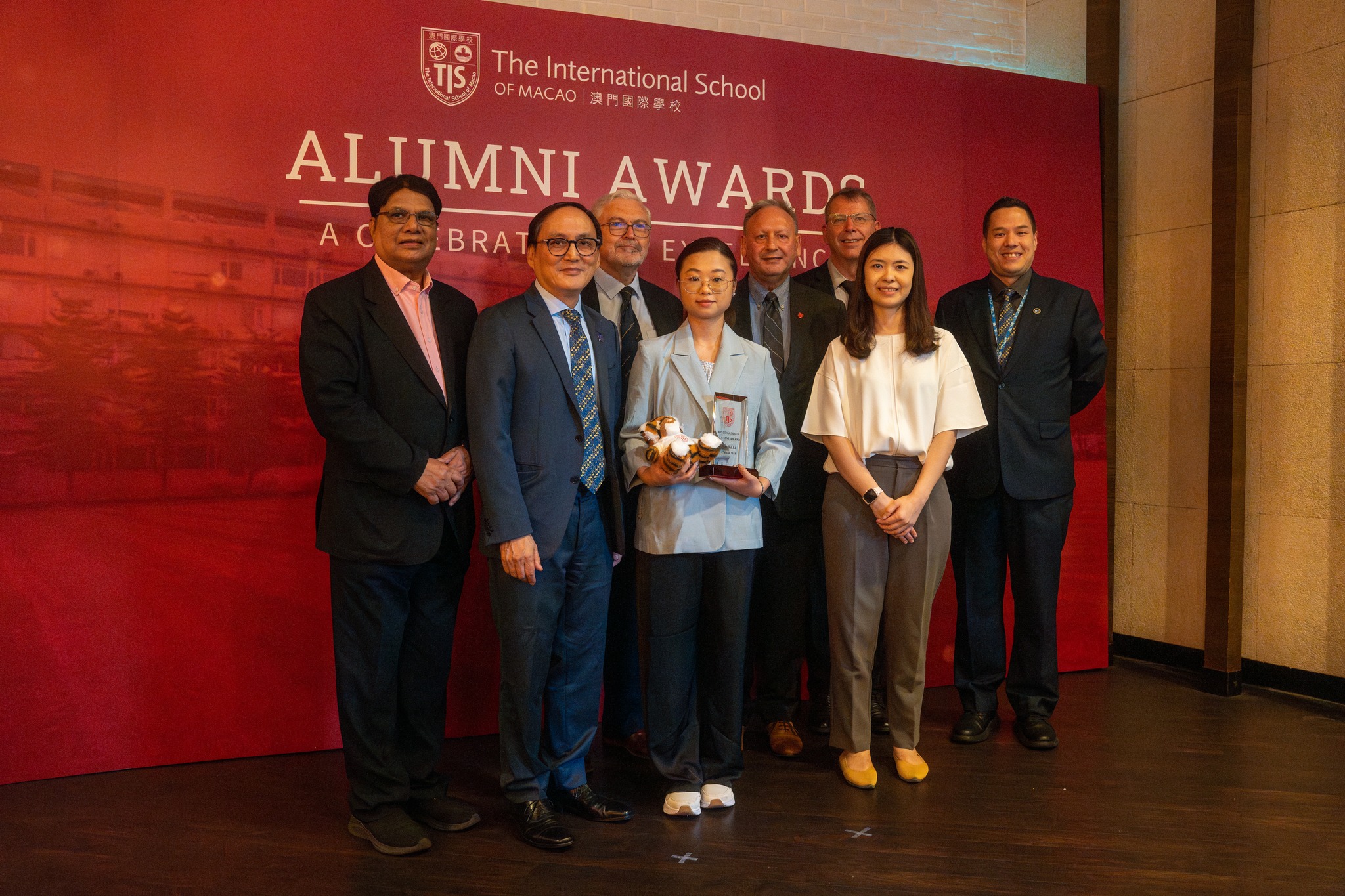
Can you describe a pivotal moment during your medical studies that reaffirmed your commitment to becoming a doctor?
During a self-directed elective, I was lucky enough to have the opportunity to shadow the forensic pathology service in Hong Kong. In clinical medicine, we rely on history-taking and physical exams. In forensic pathology, the autopsy becomes the final exam, especially valuable when the person is voiceless and circumstances unclear.
Even when the cause of death isn’t found, the process can offer closure and insights to prevent future deaths. That experience solidified my interest in the specialty.
You started TIS in Grade 9. What made you and your family choose TIS to pursue your secondary school?
My dad relocated to Macau for work, and since I had attended an international school before, my parents thought it best to continue with a similar educational system. We chose TIS for its friendly and encouraging atmosphere, along with the flexibility of its arrangements, which was present during the admissions procedures.
How did your experiences at TIS help prepare you for university and life after high school?
There’s a proverb that says school is a reflection of broader society. TIS prepared me academically, but also through clubs that built my critical thinking, practical skills, and resilience. Qualities I’ve needed at university and beyond.
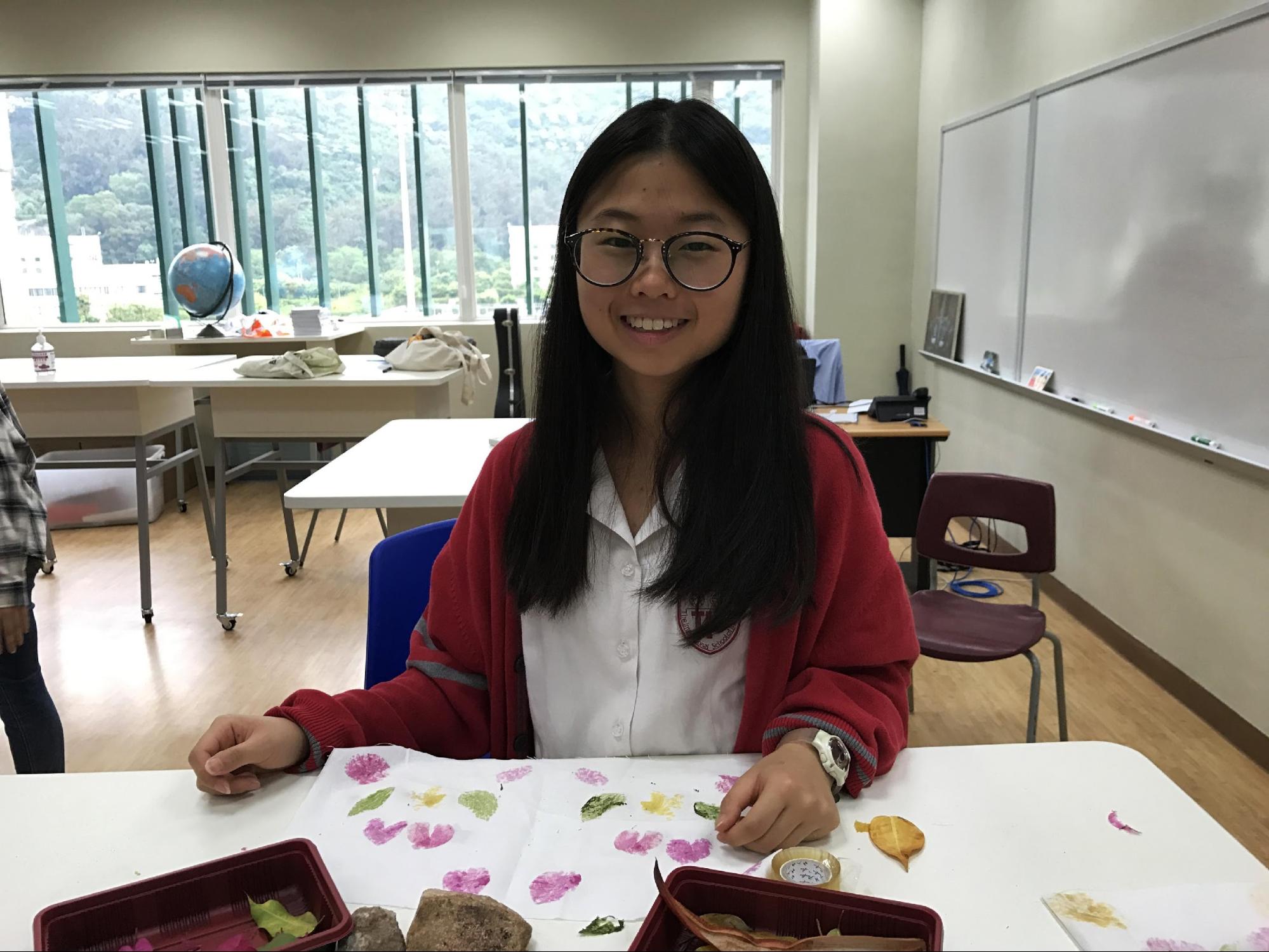
Were there any specific teachers or staff at TIS who inspired you?
All of the teachers and staff which I was lucky enough to have met during my TIS years all left a positive impact on me. In particular, Mr. Voykin, Mr. Jefferson, and Mr. Liu!
How did your involvement in clubs at TIS - such as the Volunteer Team, Student Council, Robotics Club, and Math Club - shape your development and prepare you for a career in medicine? What skills or qualities from those experiences do you consider essential for success in the medical field?
The spirit of a good doctor is encapsulated in this Chinese idiom: 仁心仁術, which encompasses both the technique-based and people-facing aspects of the profession. Medical reasoning is the basis of the former, achieved by practicing prioritisation and problem solving through creative and innovative methods.
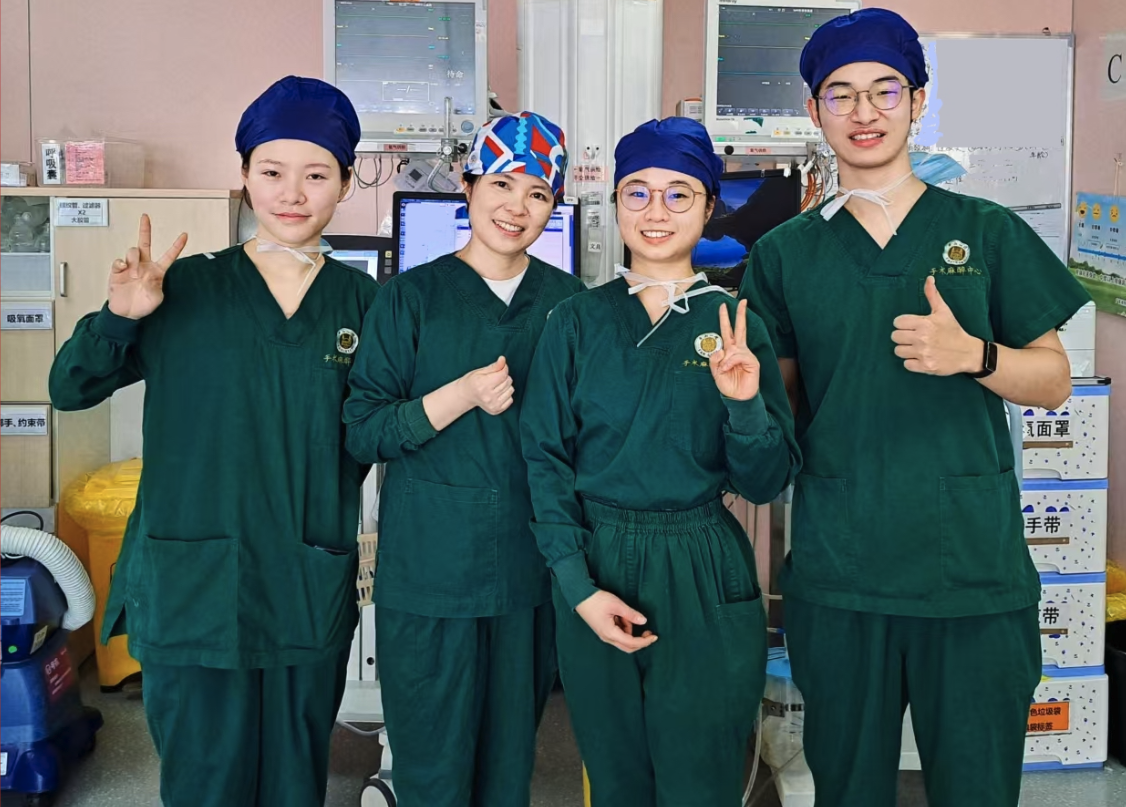
Participating in competitions with the Math Club and collaborating on projects with members of the Robotics Club helped tremendously in these aspects. The latter requires empathy and compassion, arguably more important than extensive knowledge or technique, especially with the advent of powerful cognitive tools such as AI. These traits are developed by exploring new perspectives with an open mind and reflecting on one’s values and their relationship with society. As a teenager within the confines of high school, the volunteer team gave me opportunities to engage with the broader community of Macau, especially with those in need.
How did you manage your time and workload while studying medicine?
To be honest, I struggled quite a lot in the first year! The volume and velocity of knowledge can be very intimidating, and I fell into the trap of brute force memorising all the minutiae that was present in the material. Although this method gave me favourable results during examinations, it was a sure path to exhaustion and burnout. The biggest timesaver was not optimising schedules to push for more outcomes during a single day, but to first digest the information in a manner that was simple and understandable to myself, then build frameworks of thought that linked concepts together. Although it was more time-consuming than even rote memorization in the beginning, I found out I could get away with revising (slightly) less with each passing year because I had a train of thought that was easy to pick up.
I also prioritize self-care. I don’t use rigid schedules, but categorize tasks into non-negotiables, miscellaneous, and relaxation. The key is transitioning between tasks with minimal mental strain.
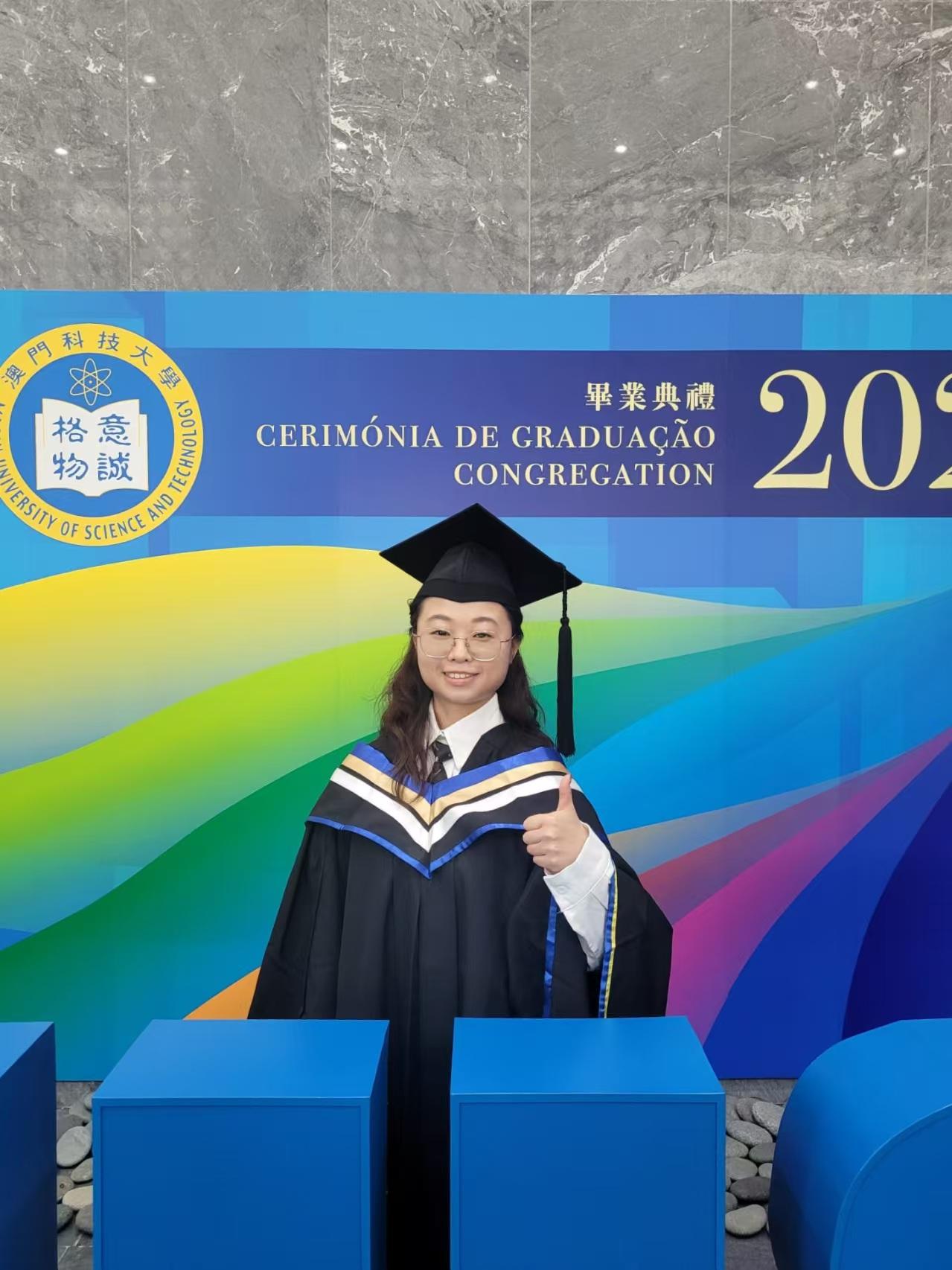
What has been one of the biggest challenges you’ve faced in your medical training, and how did you overcome it?
Not getting too caught up in my head. Medicine attracts perfectionists, and it’s easy to overthink. I’ve learned to separate signal from noise; know your limits, ask for help if needed, but when push comes to shove, do it even if you’re tired and scared, or else you’ll never be ready.
What area do you want to specialize in, and how do you envision making an impact in the healthcare field in Macao?
I’m leaning toward forensic pathology, but I’m open to anaesthesiology and emergency medicine. Right now, I’m focused on getting licensed and entering a specialty. If my patients feel cared for, I’ll be happy.
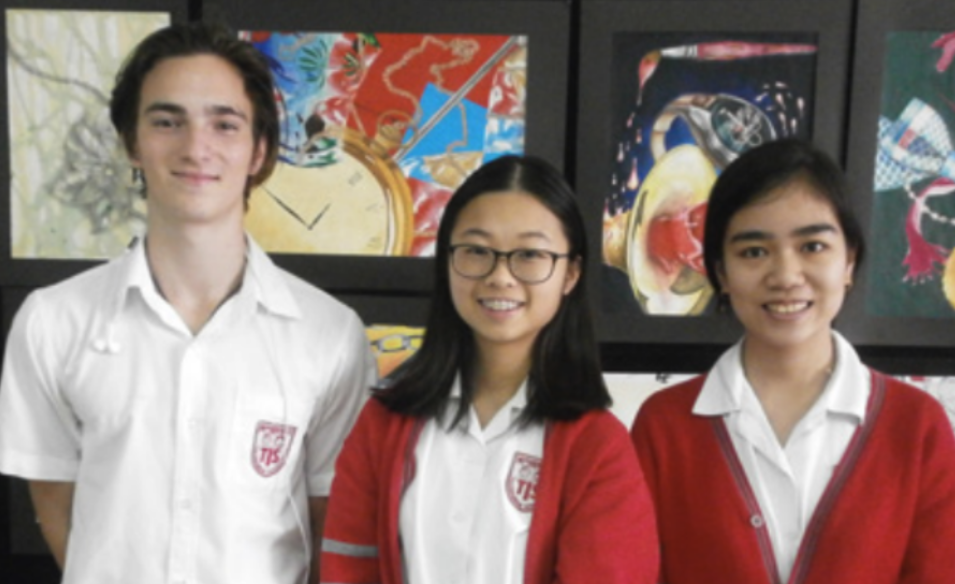
What would be your advice for current students interested in pursuing a career in medicine?
Medicine is a long journey. If you’re drawn to it for prestige or stability, you might not last. It is a huge commitment, so get to know yourself and find what drives you. Shadow professionals to see if this is the lifestyle that suits you for the next 30-40 years.
What makes you proud to be a TIS alumni?
The school's unwavering commitment to “Knowledge Knows no Bounds” wasn’t just a motto; it was lived daily. Seeing how that shaped me and continues to shape current students makes me proud.
